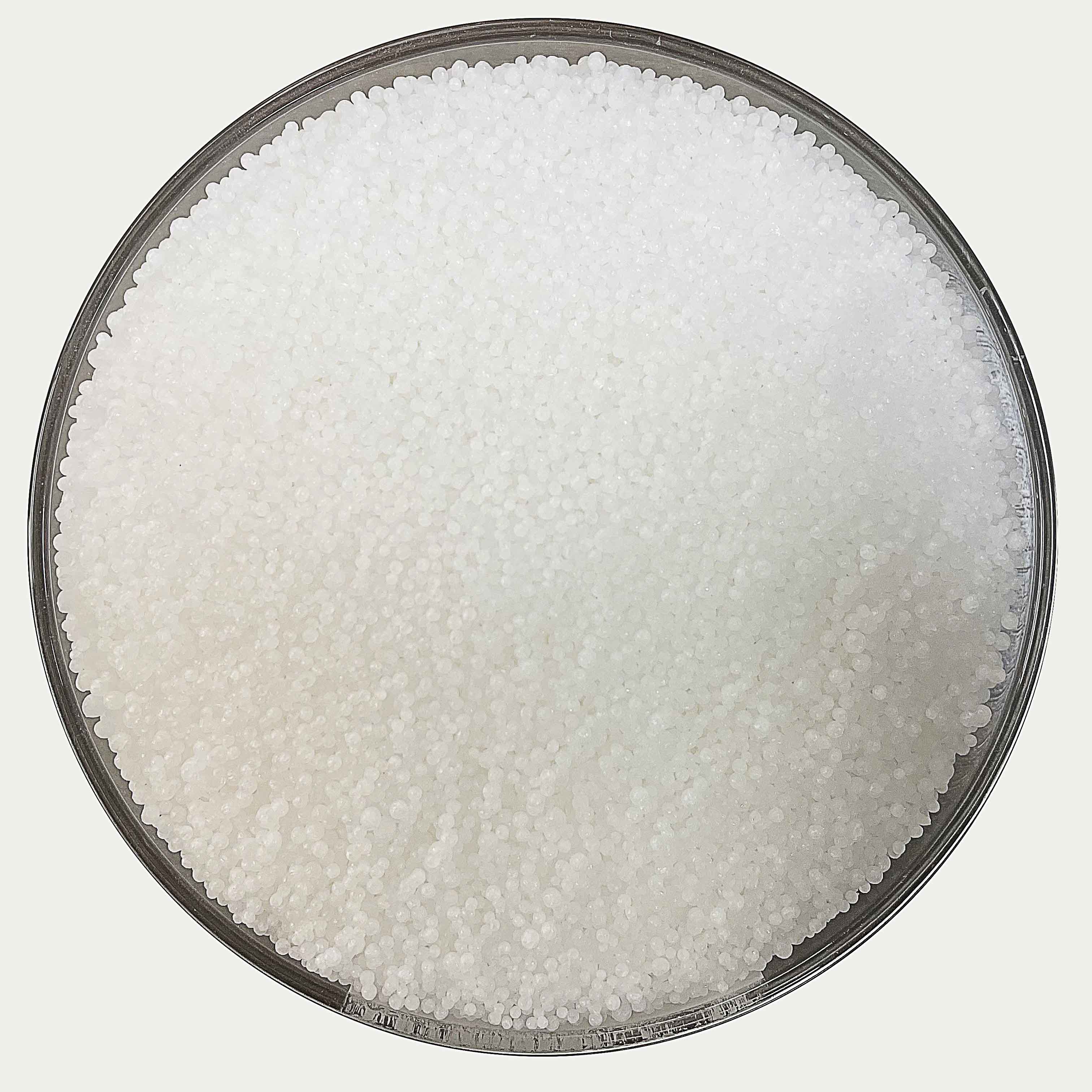
12 月 . 01, 2024 22:06 Back to list
ammonium sulfate factories
The Role of Ammonium Sulfate Factories in Modern Agriculture
Ammonium sulfate is a widely used inorganic salt, commonly utilized as a fertilizer in agriculture. Its significance in enhancing soil fertility and boosting crop yields cannot be overstated. This article delves into the operations of ammonium sulfate factories, their importance in agricultural practices, and the environmental considerations associated with their production.
Understanding Ammonium Sulfate
Ammonium sulfate is produced by neutralizing sulfuric acid with ammonia. The resulting compound is a nitrogen-rich fertilizer, containing approximately 21% nitrogen and 24% sulfur. This dual nutrient profile makes ammonium sulfate particularly effective for crops that require high sulfur levels, such as barley, canola, and certain vegetables. The compound is especially beneficial in alkaline soils, where it helps lower pH levels, making nutrients more accessible to plants.
The Manufacturing Process
The production of ammonium sulfate typically takes place in specialized factories designed to handle the various chemical processes involved. First, ammonia is synthesized through the Haber-Bosch process, which combines nitrogen from the atmosphere with hydrogen derived from natural gas. This ammonia is then reacted with sulfuric acid, resulting in the formation of ammonium sulfate.
Within the factories, safety measures are paramount due to the involvement of hazardous materials. Automated systems and strict regulatory compliance ensure that production is efficient and safe. The manufacturing process also generates by-products, which can either be treated for environmental safety or repurposed for other industrial applications.
Economic Impact
ammonium sulfate factories

Ammonium sulfate factories play a crucial role in supporting the agricultural economy. By providing a readily available source of fertilizer, these factories help farmers increase crop production. This is especially important in regions where agricultural productivity is vital for local economies. Additionally, the employment opportunities created by these factories contribute to the economic growth of the communities in which they are located.
Today, with the global population expected to reach 9.7 billion by 2050, the demand for food is surging. As a result, ammonium sulfate production is likely to increase, driving innovations in manufacturing efficiencies and promoting sustainability practices. Factories are increasingly adopting technologies to minimize waste and reduce their carbon footprints, addressing concerns about environmental impact while meeting rising agricultural needs.
Environmental Considerations
Although the benefits of ammonium sulfate are significant, its production is not without environmental concerns. The process can lead to emissions, including ammonia and nitrogen oxides, which can contribute to air pollution and acid rain. Moreover, improper use of ammonium sulfate in agriculture can lead to nutrient runoff, negatively impacting water bodies and leading to problems such as eutrophication.
To mitigate these concerns, many factories are investing in cleaner technologies and more sustainable practices. This includes advancements in emission control technologies, and the development of slow-release formulations of ammonium sulfate that minimize the risk of leaching and runoff. Furthermore, education programs aimed at farmers encourage the responsible application of fertilizers, ensuring minimal environmental impact.
Conclusion
In summary, ammonium sulfate factories play a critical role in modern agriculture by supplying an essential nutrient that boosts crop yields and supports food security. While there are environmental implications associated with its production and use, ongoing advancements and commitments to sustainability present pathways for minimizing these impacts. Balancing agricultural productivity with ecological stewardship will be key as the world navigates the challenges of feeding a growing population while preserving the environment for future generations. The future of ammonium sulfate manufacturing holds promise, driven by innovation and a commitment to sustainability.
-
10 10 10 Fertilizer Organic—Balanced NPK for All Plants
NewsJul.30,2025
-
Premium 10 10 10 Fertilizer Organic for Balanced Plant Growth
NewsJul.29,2025
-
Premium 10 10 10 Fertilizer Organic for Balanced Plant Growth
NewsJul.29,2025
-
Premium 10 10 10 Fertilizer Organic for Balanced Plant Growth
NewsJul.29,2025
-
50 Pound Bags of 13-13-13 Fertilizer for All Plants – Bulk & Organic Options
NewsJul.28,2025
-
High-Efficiency 15-30-15 Granular Fertilizer for Healthy Crops
NewsJul.28,2025
